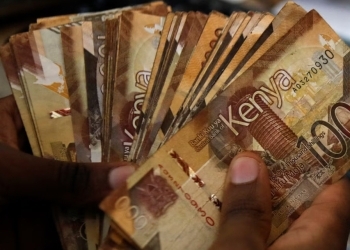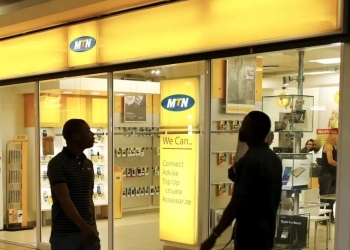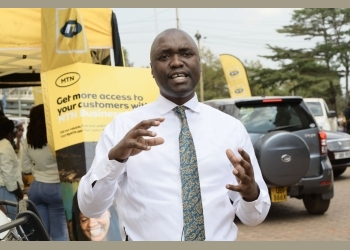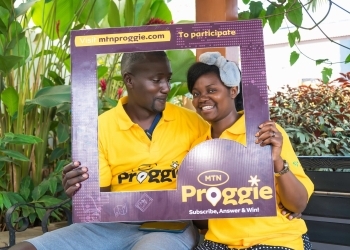
As chairman and cofounder of Twitter, Jack Dorsey, in hindsight, made a great decision in approving his company’s plan to go public. He made an even better decision to hold on to his shares when Twitter finally did.
On Thursday, the San Francisco-based microblogging company went public, selling shares on the New York Stock Exchange that skyrocketed on voracious demand in the most-hyped public offering of the year. The stock closed trading at $44.90, up 73% from the $26 where Twitter originally priced its initial public offering.

Jack Dorsey in 2008 at Twitter headquarters in San Francisco. (Photo credit: Wikipedia)
No one looks to have gained more than Twitter’s insiders and early investors, who, by agreeing to lockup agreements in the months leading up to the IPO and holding onto their stock, realized maximum gains on Thursday. Unlike with Facebook, where some early executives and investors were able to sell stock in the company’s now infamous Nasdaq debut, Twitter’s insiders played the waiting game–so far to great effect.
Dorsey, who owns about a 4.3% stake in Twitter, had his net worth rise more than $450 million in one day to $2.1 billion. Already a billionaire prior to today’s offering because of his large stake in payments company Square–where he serves as CEO–Dorsey owns Twitter shares that are now worth just under $1 billion.
Even more impressive is Twitter cofounder and board member Evan Williams, who with a 10.4% stake in the company is its largest individual shareholder. Officially confirmed as a billionaire when Twitter announced its IPO plans last month, he is now worth $2.8 billion, with a fortune that is mainly comprised of company shares.
In an appearance this morning on CNBC, Twitter CEO Dick Costolo (net worth: $218 million) noted that both employees and investors had signed agreements to hold on to shares for at least 180 days. The 70 million–and possibly more–shares that were floated on public markets on Thursday were offered only by the company.
“We just want this to be a clean offering and take it forward,” Costolo said on Thursday morning, perhaps alluding to Facebook’s fiasco in May 2012. That flaccid debut was marked not only by technological mishaps, but also insider selling, most notably by billionaire investors Peter Thiel and Jim Breyer. Some argued that those decisions to sell displayed a lack of confidence in Facebook.
Twitter quashed any potential of that occurring again with its lockups, and its investors may be all the more thankful. Private equity firm Rizvi Traverse, which oversees more than 85 million shares in the company, saw its position jump in value by a total of $1.6 billion to more than $3.8 billion. Others to benefit include venture capital firms DST Global, Union Square Ventures, Benchmark Capital and Spark Capital. Spark Capital’s more than 32 million shares swelled to a value of nearly $1.5 billion.
Investors may have seen a lack of selling on behalf of investors and executives as a “sign of confidence,” said Ipreo senior analyst Mateusz Wnek. “That’s opposed to Facebook where the majority of it was insider selling.”
According to data from Ipreo, of the 176 public offerings this year prior to Twitter’s, 39 featured insiders selling shares.
below is twitter's previous tweet
We just priced our IPO. pic.twitter.com/NWXaO4Myq0
— Twitter (@twitter) November 6, 2013













